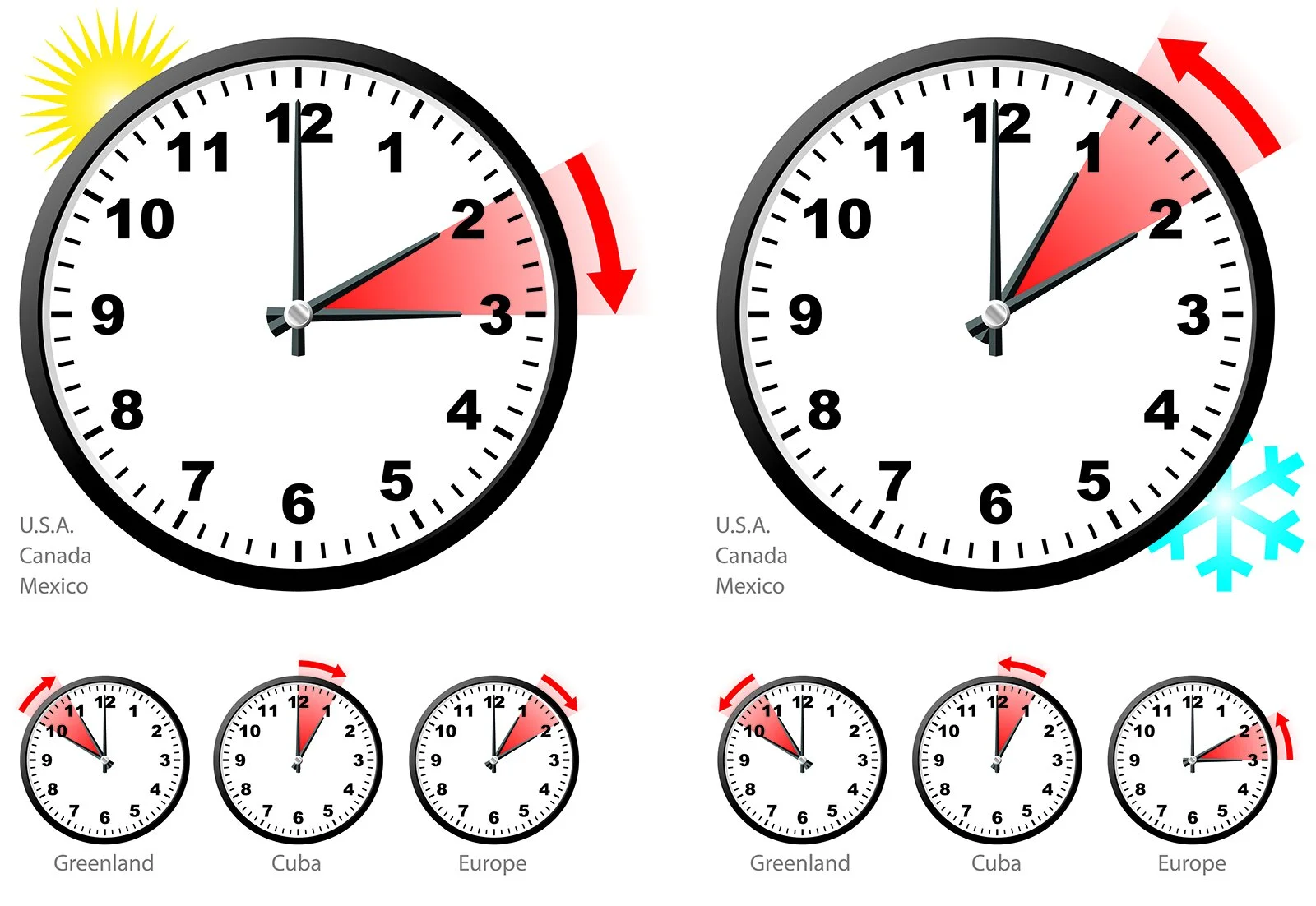CCCNews Poll takes a look at Daylight Savings; results might cost you an hour
An illustration of Daylight Saving Time as it is practiced around the world.
© Albo003/Shutterstock.com
Daylight Saving Time
With this past weekend, another jump backwards in time has happened (no DeLorean needed). We took a poll with citizens of The Dalles to figure out who really is ok with this & why it happens.
Almost 300 readers answered our poll on Facebook posing the following:
How do you feel about Daylight Savings Time?
Here’s the breakdown!
Overwhelmingly (but not surprisingly) over 80% of our submissions don’t like Daylight Savings Time.
“It should be done away with”. Sentiments were strong, lamenting the change of light, morning energy levels, along with safety of traveling home after work due to the low-light conditions.
12% were on the other side of the time spectrum, so to speak.
They pointed out that due to technology, we really don’t need to ‘change’ clocks anymore. Phones, Fitbits, computers, etc; all seem to change for us.
Convenience helps the change they say, with the rest shoring up due to personal grit and a large supply of caffeine.
Chris P, one of our 12%-ers, pointed out the following:
”If we were on Standard Time the entire year, the sun would rise at 4:11 a.m. on the summer solstice, June 21, and set at 8:10 p.m.
If we were on Daylight Saving Time the entire year round? On the shortest day of the year, December 21, the sun wouldn't rise until 8:54 a.m. That's almost a 9 a.m. sunrise. And the sun would set at 5:20 p.m.
I can handle changing my clock.”
We see where Chris and 290 other citizens stand, where do you?
Tracy on the other hand, is completely unbothered by Daylight Savings saying, “doesn't bother me at all I don't understand why a lot of people are upset about changing the time most clocks change the time for you my fitbit changed it time when I checked it computer did it my phone did it all by themselves I don't even notice anymore when it changes”
Tracy Webb, one of the 24 people in our poll that are unbothered by Dayligt Savings
Who Came Up with This Idea?
If you weren’t aware, Benjamin Franklin takes the ‘blame’ (or honor, depending on how the time change affects you) for coming up with the idea to reset clocks in the summer months as a way to conserve energy.
By moving clocks forward, people could take advantage of the extra evening daylight rather than wasting energy on lighting.
According to David Prerau, author of "Seize the Daylight: The Curious and Contentious Story of Daylight Saving Time" (Thunder's Mouth Press, 2005), At the time, Franklin was ambassador to Paris and so wrote a witty letter to the Journal of Paris in 1784, rejoicing over his "discovery" that the sun provides light as soon as it rises.
Even so, DST didn't officially begin until more than a century later. Germany established DST in May 1916 as a way to conserve fuel during World War I. The rest of Europe came onboard shortly thereafter. And in 1918, the United States adopted daylight saving time.
The rest, as we say, is history.



